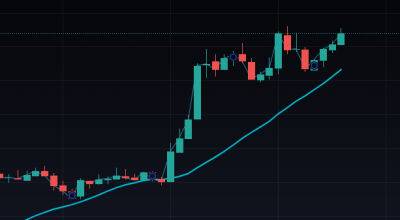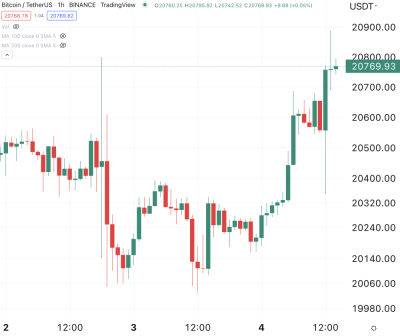Most Crypto Scams are Happening on This Blockchain – Here’s What You Need to Know
Cryptocurrency risk monitoring platform Solidus Labs said that over 10% of tokens showing scam characteristics reside on Binance's native BNB Chain. Less than 10% is seen on Ethereum (ETH).
The research firm announced its real-time, on-chain Threat Intelligence tool on Thursday, saying that it was designed to help anti-money laundering (AML) teams address smart contract scams, which the firm described as "one of [decentralized finance] DeFi and Web3’s biggest challenges".
Solidus Labs' AML covers 12 chains, including Ethereum, BNB, and Polygon (MATIC). The company claims that its new risk monitoring technology enables real-time analysis of smart contract scams, as well as an off-chain view of the current state of crypto scams.
What it found is that:
Per its press release,
"Data released by Solidus reveals that a new token pre-programmed to scam users is created every 4 minutes on average, and the illicit funds from these scams often flow through and are potentially laundered via centralized crypto exchanges."
It found that the lower-bound estimate in today’s value of scam-related ETH that flowed through centralized and/or regulated exchanges is $910 million.
Scam token smart contracts, it explains, are cryptocurrencies that have been hard-coded to steal investors’ funds. These can be automatically deployed, but also easily repeated, "allowing serial scammers to rapidly execute thousands of small value attacks without raising red flags among regulated exchanges, regulators, and law enforcement," said the company.
Smart contract scams are a part of "a growing list of crypto-native market abuse typologies." Others include rug pulls, phishing attacks, and token impersonations.
Solidus’ Vice President of Regulatory Affairs Kathy
Read more on cryptonews.com


















